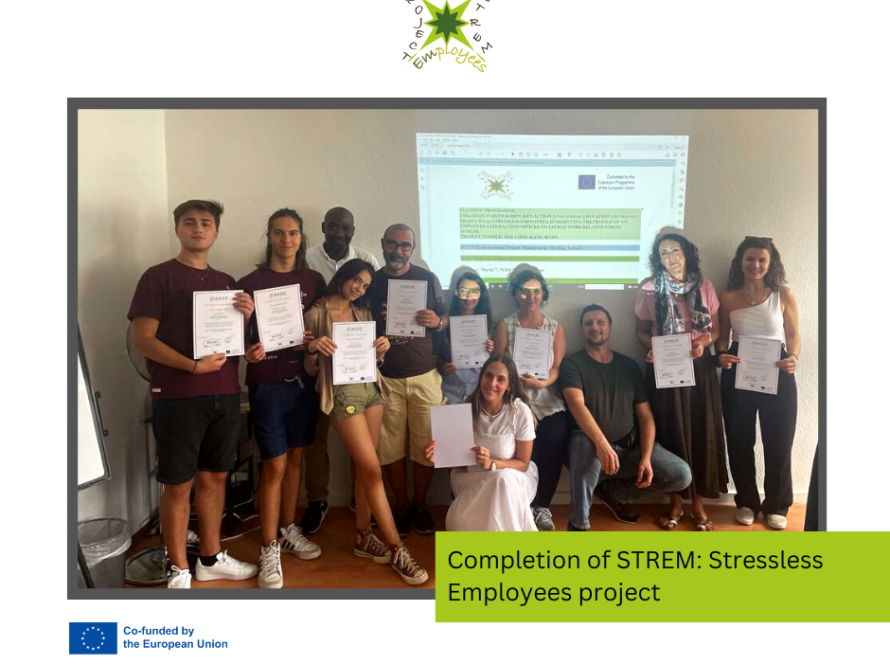As the world faces increasing concerns about climate change and environmental degradation, green start-ups are emerging as a promising solution to tackle these problems. These innovative businesses focus on developing sustainable and environmentally friendly products and services, and they play a critical role in transitioning towards a greener economy. Starting a green start-up, however, can seem daunting, but it is not much different from starting any other type of business. There are some necessary steps to take, and entrepreneurs need to be creative and innovative, while keeping their focus on sustainability.
The first step to starting a green start-up is to identify an environmental or social issue that needs solving. This problem should be related to sustainability, and the solution should have a positive impact on the community. Once the problem has been identified, entrepreneurs can start brainstorming innovative solutions that are sustainable and eco-friendly. These solutions should be realistic and effective, and they should fill a gap in the market. Next, entrepreneurs should conduct market research to identify potential customers, competitors, and market trends. This research will help entrepreneurs understand the market and create a viable business plan.
The Restart project has recognized the importance of green start-ups and has developed training modules to help entrepreneurs transform their circular business ideas into viable green start-ups. The Transnational Project Meeting and the training activity held in Rzeszow on 12-14.12.2022 have been instrumental in the development of these training modules. These modules provide entrepreneurs with the necessary skills and knowledge to develop a successful green start-up. The modules cover topics such as circular economy, sustainable business models, and green financing.
In conclusion, green start-ups are becoming increasingly popular as the world becomes more aware of the impact of climate change and environmental degradation. These start-ups play a crucial role in the transition towards a green economy. The Restart project has recognized the importance of green start-ups and has developed training modules to help entrepreneurs transform their circular business ideas into viable green start-ups. Green start-ups are emerging as a promising solution to tackle climate change and environmental degradation. Entrepreneurs need to follow some necessary steps, like identifying a problem related to sustainability, building a team, developing a sustainable solution, securing funding, and creating a marketing strategy. With a focus on sustainability, eco-friendliness, and innovation, green start-ups can have a significant impact on the environment and the community, while also being profitable and successful.



